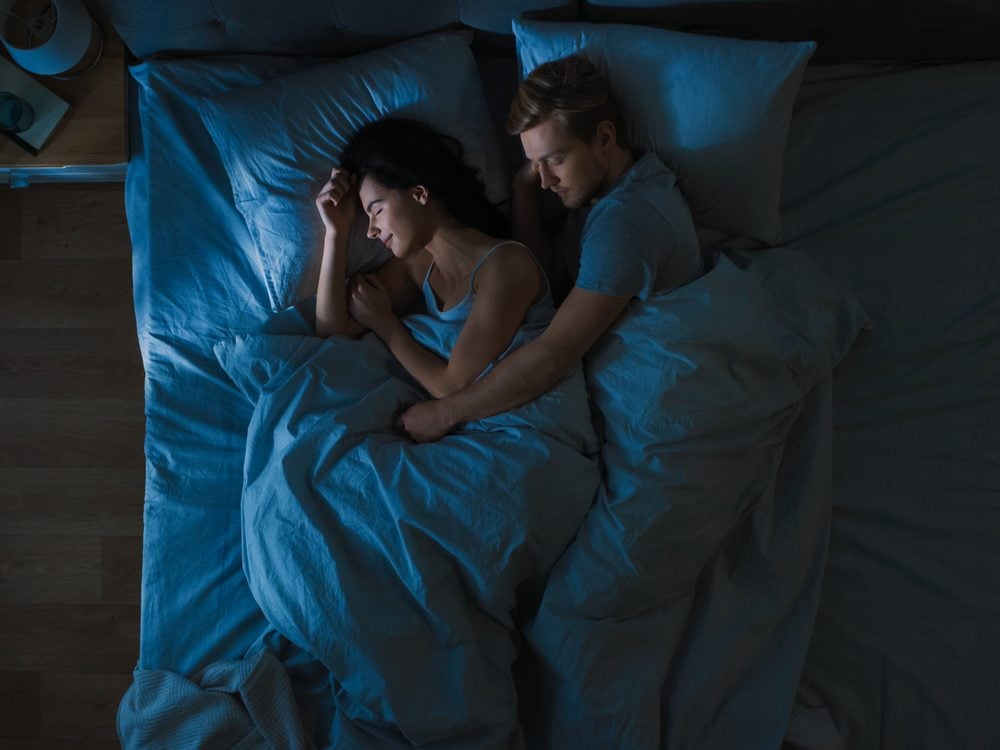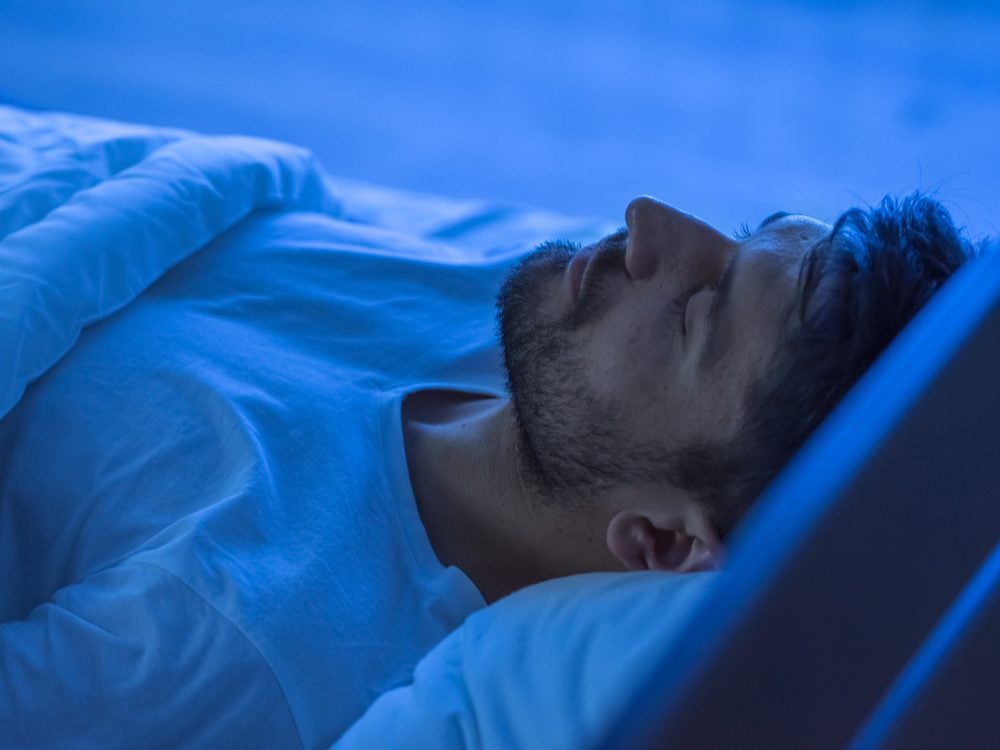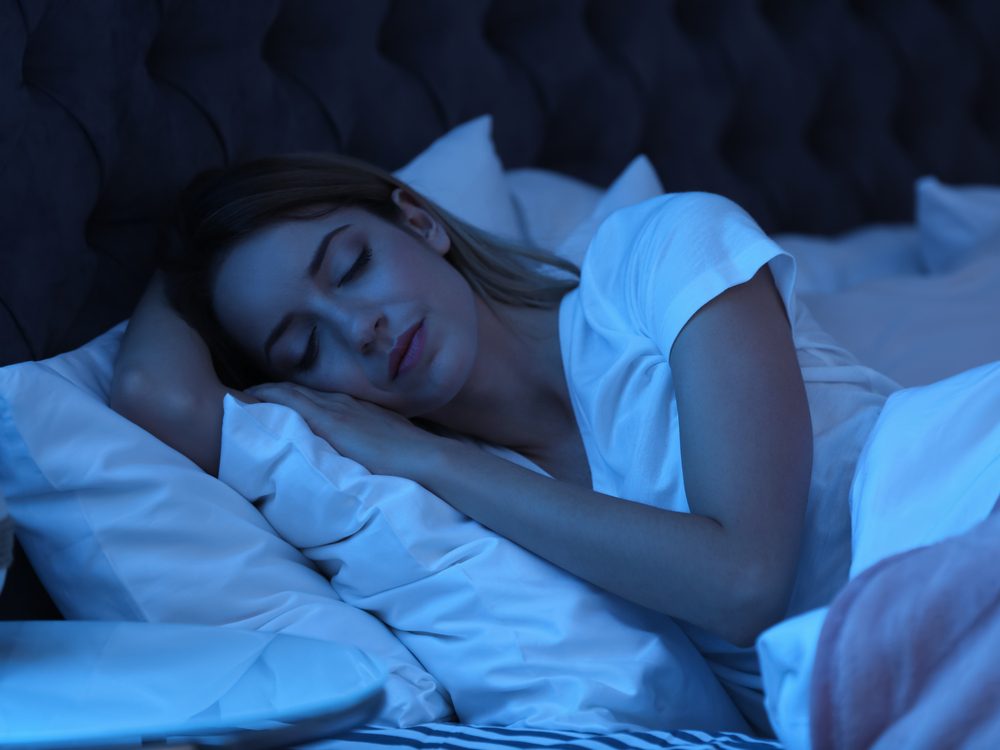
What is dream deprivation?
You might already know how important sleep is and how sleep deprivation can cause a slew of health problems. But have you thought about your dreams? Do you dream? And can you remember your dreams from last night? If you’re not dreaming—and more and more people aren’t, according to new research—you’re putting yourself at higher risk for obesity, memory loss, and inflammation throughout your body, which can lead to autoimmune troubles.
A review of research on dream deprivation, published in the Annals of the New York Academy of Sciences in 2017, delves into the dangers of missing out on the rapid-eye-movement (REM) phase of sleep and the potential reasons why we’re not dreaming as much. The article’s author, Rubin Naiman, PhD, a sleep and dream specialist at the Andrew Weil Center for Integrative Medicine at the University of Arizona, calls dream deprivation “a striking epidemic” and “a public health hazard,” and one that is seriously impacting our quality of life.
Find out all the ways you’re accidentally sabotaging your sleep.

Quality dreaming is restorative
While you may think that you get your most restful sleep when you don’t remember a thing and you’re “out cold,” Naiman says that if you dream well, you will actually feel better in the morning. Dreaming also seems to be crucial for the body’s repair systems and for the brain’s learning and memory processes. “Poor dreaming, or damaged dreaming, is strongly linked to emotional disturbance and to anxiety, depression, and other forms of mental illness,” he says. “Dreaming also processes and consolidates memory, and both mild cognitive disturbances and serious neurological disorders like Alzheimer’s disease are associated with damaged dreaming. If we don’t dream well, we won’t remember well.”
As the paper notes, scientific concern regarding the link between dream deprivation and poor health has been a slow progression. Back in the 1960s, researchers discovered that subjects selectively deprived of REM sleep experienced weight gain, concentration difficulties, irritability, anxiety, tension, delusions, and hallucinations. But the findings took a back seat to the discovery that dreaming also took place in non-REM sleep.
They also took a back seat to other medical discoveries, like sleep aids, psychiatric drugs, and allergy medications. “We’ve known for years that the most commonly used medications significantly suppress REM sleep,” says Naiman. “But even knowing what we know about the importance of REM sleep, with memory and mental health, there’s a general tendency to dismiss its value. It’s striking that medical science pays virtually no attention to it.”
These are the best sleeping positions for a good night’s sleep.

Other causes of dream deprivation
Naiman cites the late-evening use of tablets, smartphones, computers, and artificial light in general, along with early alarms and early risings, which cut into REM sleep, most of which happens in the second half of your sleep time. Alcohol and cannabis are also big culprits, even though they’re ironically often used to alleviate stress and promote sleep. Alcohol, for instance, permits the release of hormones that are known to interrupt REM and, therefore, dreaming.
While Naiman says that a glass of wine is fine, too many people drink an inordinate amount. “I think there’s an innocent goal: People want to relax and expand their consciousness,” he explains. “That actually happens naturally in dreaming, and if we don’t dream well, it increases the pressure to find other ways of doing that.”
The biggest takeaway from the paper? We are experiencing dream deprivation because we don’t value our dreams enough. But if we do, says Naiman, we will not only reap all of the physiological benefits associated with dreaming and REM sleep—we can also expand our perceptual processes, become less rigid, and see life through more artistic eyes. Looks like we better start putting the phrase “sweet dreams” to good use!
Don’t miss the surprising things your dreams reveal about you!